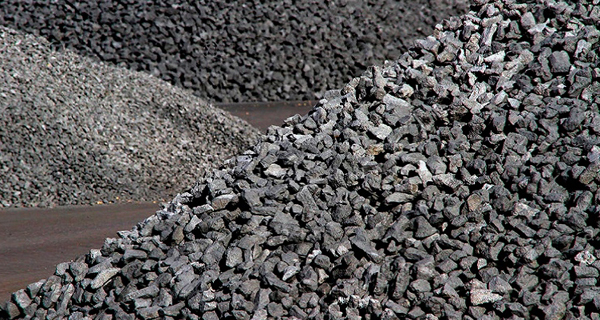
The energy sector is a critical component of global infrastructure, driving economic growth and providing power to industries and households alike. In this context, calcined petroleum coke (CPC) plays an essential role. Understanding the significance of CPC in the energy sector is crucial for comprehending its importance and value.
Calcined petroleum coke is derived from raw petroleum coke, a carbon-rich material produced during the refining of crude oil. This raw coke is thermally treated at high temperatures (typically above 1300°C) in a process called calcination. This results in the removal of volatile components, moisture, and other impurities, leaving behind a highly carbonaceous material. CPC typically consists of 98-99% carbon and is characterized by its high carbon content, low impurities, and excellent heat conductivity.
CPC is primarily used as a carbon additive in the production of anodes for aluminum smelting, but its applications in the energy sector go beyond that. The energy sector relies on CPC in several ways, such as in the production of graphite electrodes used in electric arc furnaces and the manufacturing of high-quality steel. Additionally, CPC is an essential component in the manufacturing of refractories, which are vital for maintaining the integrity of furnaces and boilers used in the energy industry.
The use of calcined petroleum coke in the energy sector offers numerous advantages. One of the most significant benefits is its role in improving energy efficiency. In aluminum smelting, the addition of CPC to the anode recipe increases electrical conductivity, reducing energy consumption and greenhouse gas emissions. This directly contributes to the sustainable and environmentally responsible production of aluminum, an essential material in the modern world.
Quality control is essential in the production and application of calcined petroleum coke in the energy sector. The composition and physical properties of CPC must meet strict standards to ensure its effectiveness in various applications. Consistency in quality is crucial to maintain the reliability and efficiency of energy production processes, which heavily depend on the properties of CPC.
In an era of growing environmental awareness and regulation, the energy sector is under pressure to reduce its carbon footprint. Calcined petroleum coke, as a key ingredient in multiple energy-related processes, must adhere to strict environmental standards. Producers and users of CPC are actively seeking ways to reduce the environmental impact of its production and use, including the adoption of cleaner and more efficient technologies.

As the global energy landscape evolves, calcined petroleum coke will continue to play a vital role in the energy sector. Its applications in aluminum production, steel manufacturing, and refractory materials will remain indispensable. Moreover, as the world transitions to cleaner and more sustainable energy sources, CPC may find new applications in advanced materials and technologies that support the energy sector's ongoing transformation.
Calcined petroleum coke is a critical material in the energy sector, serving as a catalyst for improved energy efficiency, reduced environmental impact, and the development of innovative solutions. As the world addresses the challenges of energy production and sustainability, the significance of CPC in the energy sector is set to grow, making it a crucial component of the industry's future. Understanding its production, applications, and environmental considerations is essential for ensuring the sector's sustainable and responsible development.

Write a Message